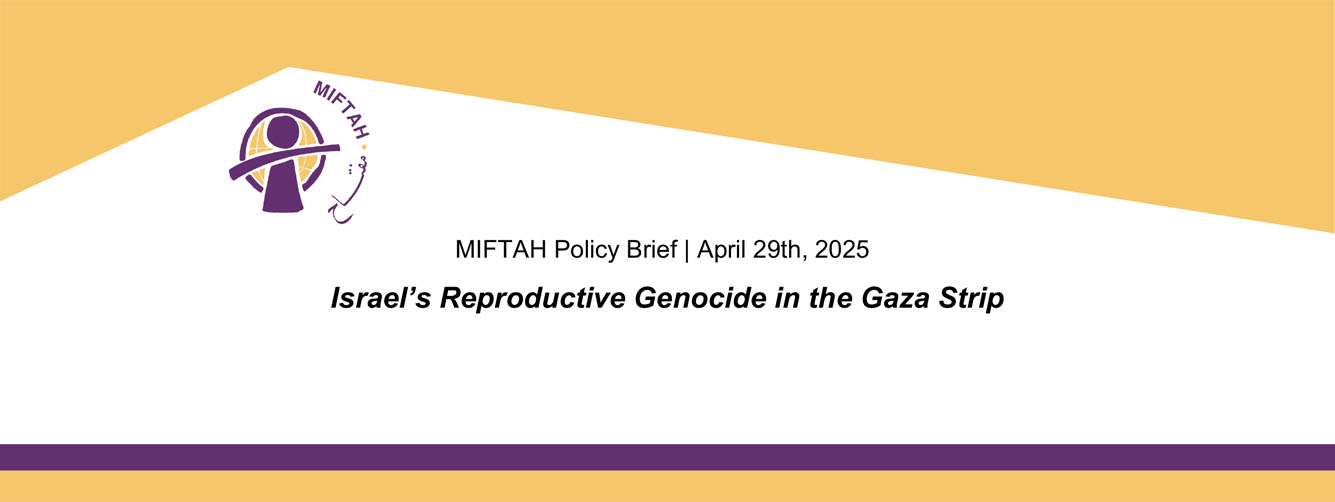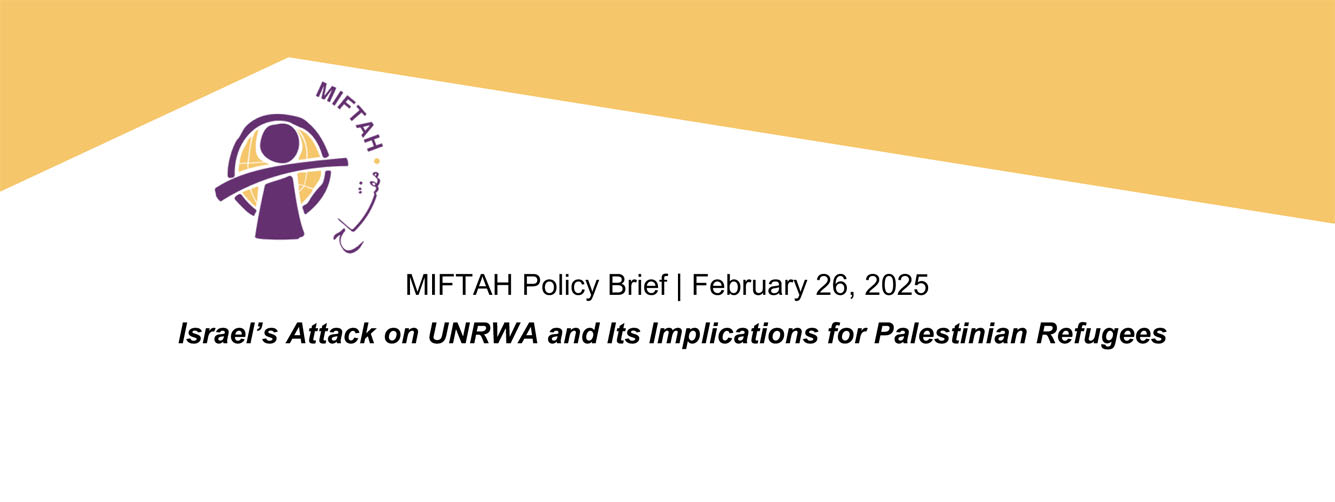SUMMARY POINTS
- Basic food commodities entered Gaza primarily through Sufa crossing (76% of all
truckloads) and also through Kerem Shalom. 92% of the total amount of supplies
entering Gaza were commercial commodities1; the rest were humanitarian supplies.2
- Despite the flow of food commodities, shortages remain of rice, vegetable oil and
baby milk. Rising market prices – notably for vegetables, fresh and frozen meat, and
milk powder – have placed an additional strain on the ability of households to ensure a
balanced diet.
- The 6-week closure of Karni is causing significant economic damage to the Gazan
economy. Effects on Gaza’s industrial and commercial sectors were reported in the
last edition of this situation report. With the start of the planting season, the
agricultural sector which employs 40,000 people and produces 300-500 tons of
products daily in Gaza is in jeopardy. Since the closure, the sector has already lost an
estimated $4.5 million3. The fishing industry is also experiencing losses – fish prices
have dropped by more than 50% due to the flooding of the market of fish designated
for export.
- Rafah Crossing has remained closed for all Gazan residents for the last 44 days –
the longest period since the implementation of the Access and Movement Agreement
(AMA) in November 2005. Between 4-6,000 Palestinians from Gaza remain in Egypt
unable to return home. Many have run out of savings.
- The closure of crossings has lead to electricity shortages due to the inability to
receive spare parts and maintenance teams. 50% of production has been lost. In the
past week, power outages occurred on two days for 4-5 hours.
- The internal security situation in Gaza generally remains calm. Nonetheless, IDF
military operations continue and there have been reports of three “honour” killings of
women, a death in detention caused by torture and storming of a prominent Fatah
official’s office in Gaza. Palestinian militants fired 29 Qassam rockets and 30 mortar
shells from Gaza towards southern Israeli towns and Erez, Sufa and Kerem Shalom
crossings.
To View the Full Report as PDF (36 KB)
Read More...
By: MIFTAH
Date: 29/04/2025
By: MIFTAH
Date: 05/03/2025
By: KARAMA
Date: 21/11/2018






